C-Bass on the move!
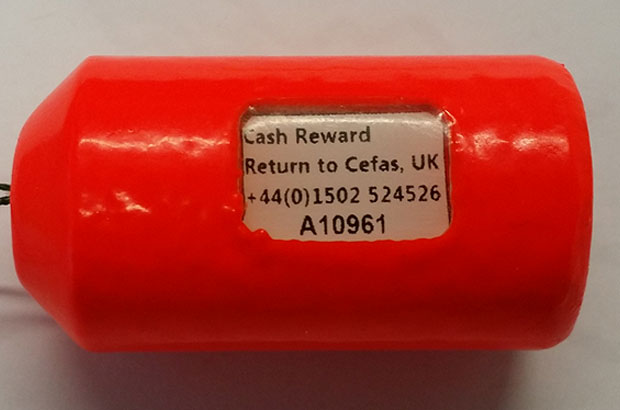
My last post described how both the UK (Cefas) and France (Ifremer) have been tagging sea bass with electronic data storage tags (DSTs). We’re doing this to learn about their behaviour and migration patterns.

My last post described how both the UK (Cefas) and France (Ifremer) have been tagging sea bass with electronic data storage tags (DSTs). We’re doing this to learn about their behaviour and migration patterns.
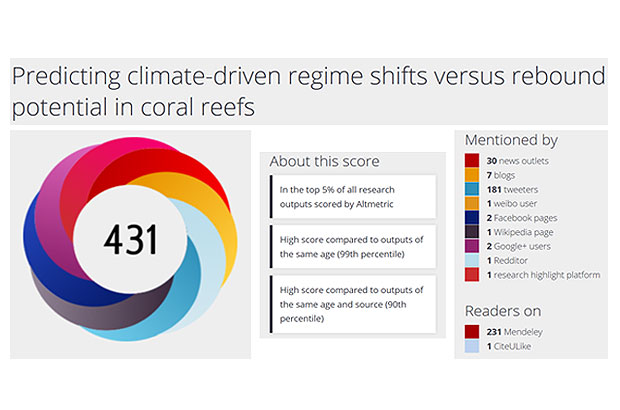
...to predictable fisheries discards Carp edema virus/koi sleepy disease: An emerging disease in central-east Europe Evaluating conservation and fisheries management strategies by linking spatial prioritization software and ecosystem and fisheries...
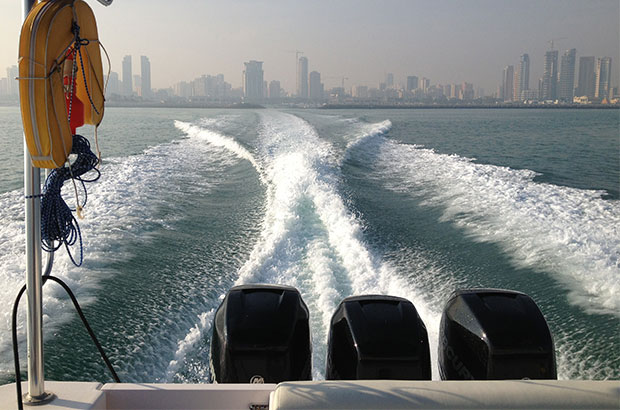
...the uptake and accumulation of chemical contaminants in teleost fish and sharks sampled from Kuwait Bay. Significantly, levels of metal contamination in the extremely rare smoothtooth blacktip shark (Carcharhinus leidon)...
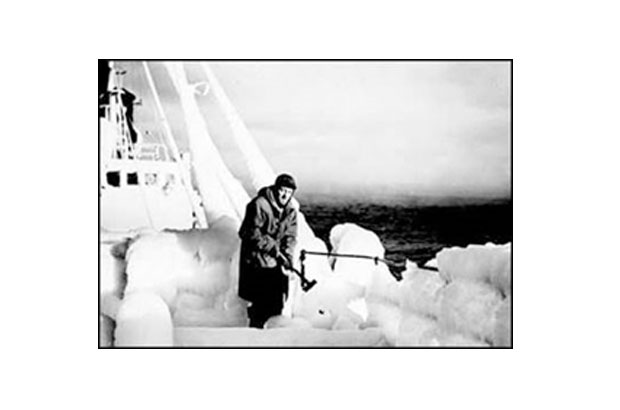
In a series of blog posts we will be showcasing some of the science recently published by Cefas scientists.
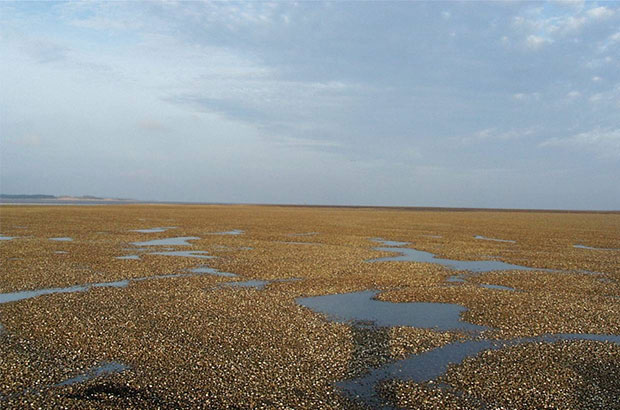
Mortalities in populations of edible cockles (Cerastoderma edule) have been reported across Europe in the past two decades from Spain, Portugal, France, Sweden and the Wadden Sea. Why are they happening?
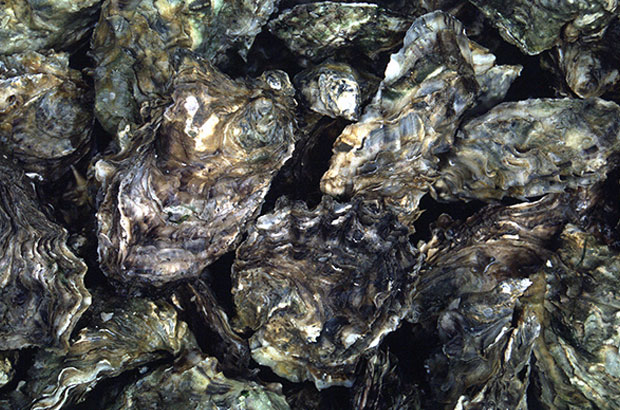
The Pacific oyster is a popular aquaculture species, and I'm monitoring its distribution in Southampton and Poole.
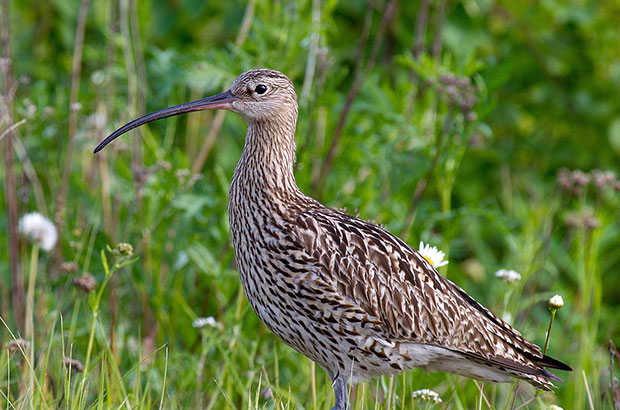
Intertidal areas, such as estuaries, can be both important fisheries and key habitats for wildlife. During winter months, large flocks of wading birds (Order: Charadriiformes) gather to feed within estuaries.
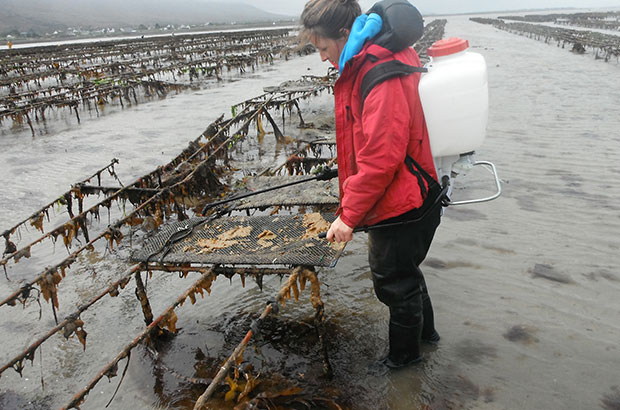
Marine non-indigenous species (NIS) impact wild and farmed shellfish, as they are species which have been introduced into locations outside their natural range.
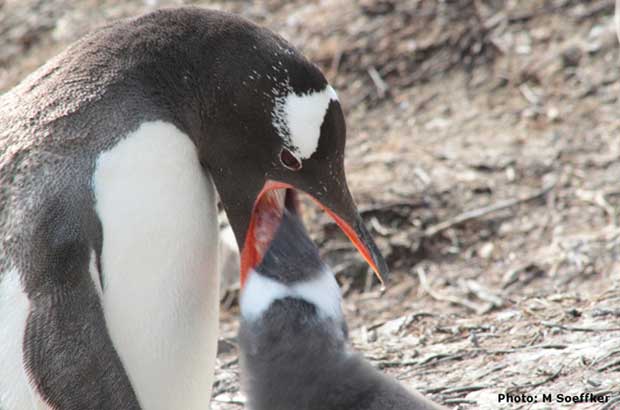
It was January and therefore traditionally the time for a survey of fish stocks around the island of South Georgia, in the Southern Ocean.
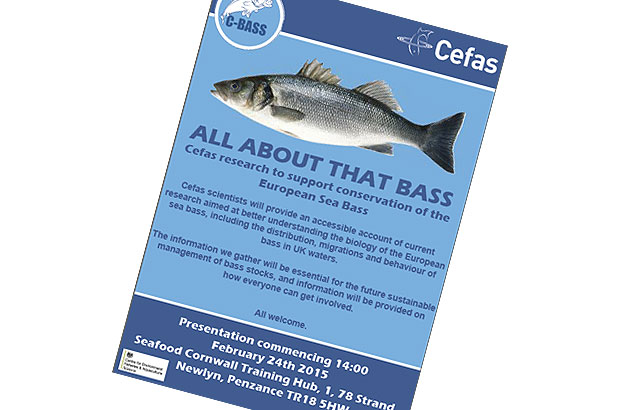
Since our last post, our scientists have been busy with outreach activity. On 24 February, our “All about that bass” presentation was delivered to a packed house of fishers and other stakeholders at the Seafood Cornwall Training Hub in Newlyn.